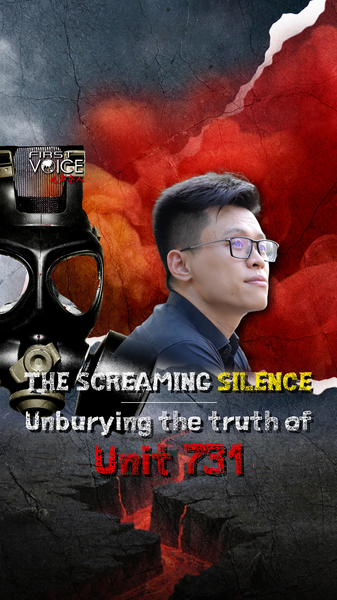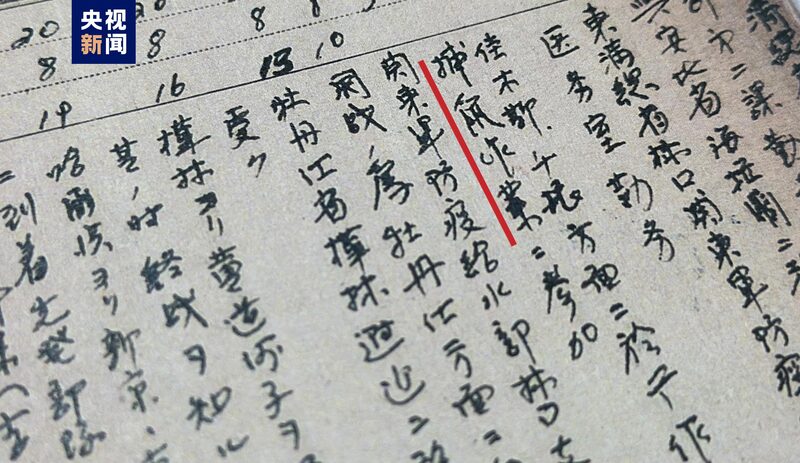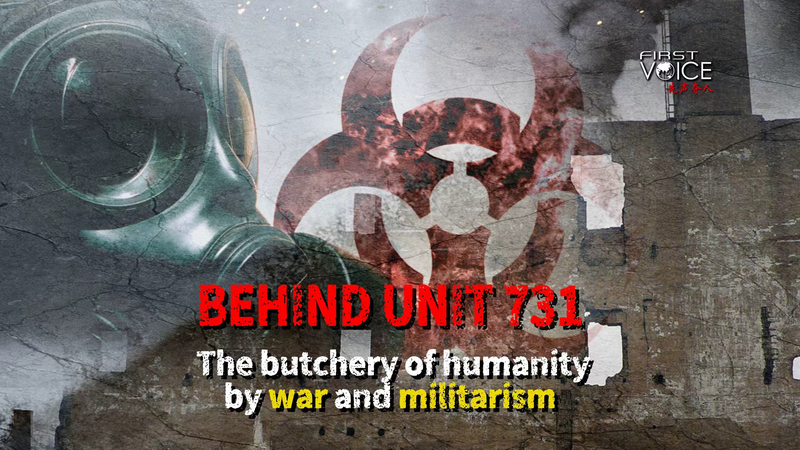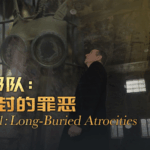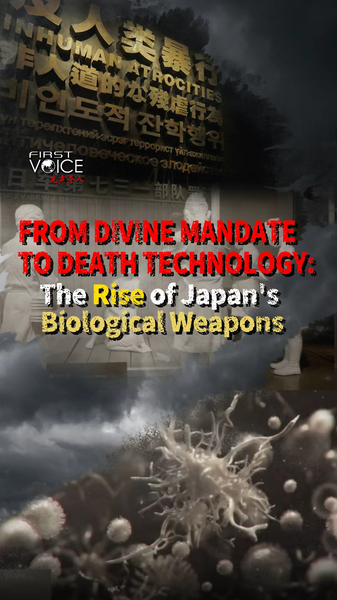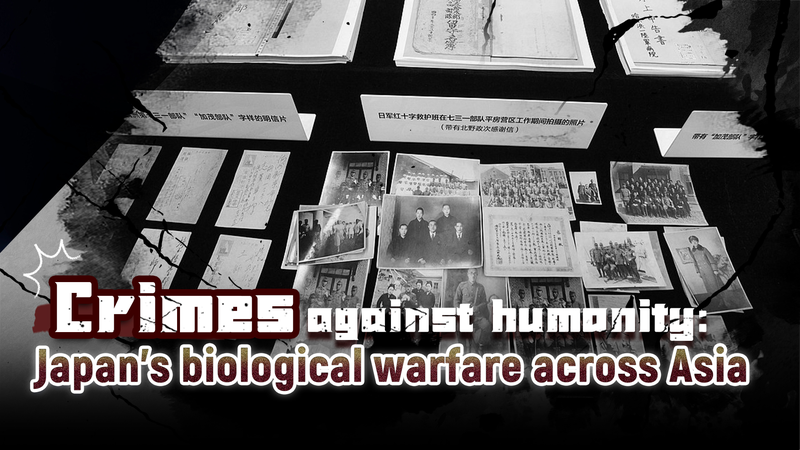Decades after World War II, efforts to document the atrocities of Japan's covert biological warfare unit continue to face systemic challenges. Recent investigations reveal only 30 out of 300 contacted individuals provided credible testimony about Unit 731's activities – a stark reminder of suppressed historical truths.
The Weight of Silence
Researchers conducting cross-border evidence collection trips uncovered widespread reluctance among potential witnesses. Personal recantations and political barriers have complicated efforts to hold perpetrators accountable, leaving critical gaps in historical records of the unit's human experimentation and germ warfare programs.
Shadows of the Past
While postwar geopolitical realities prevented full accountability, preserved documents confirm Unit 731's role in developing biological weapons tested on civilians across China and other Asian regions. Historians emphasize that confronting this history remains crucial for preventing future humanitarian crimes.
Memory as Prevention
Advocates stress that exposing these wartime atrocities aims not to prolong animosity, but to strengthen global commitments to ethical scientific research and conflict prevention. "Historical amnesia serves no one," notes one researcher. "Understanding this darkness helps us protect tomorrow's light."
Reference(s):
cgtn.com
